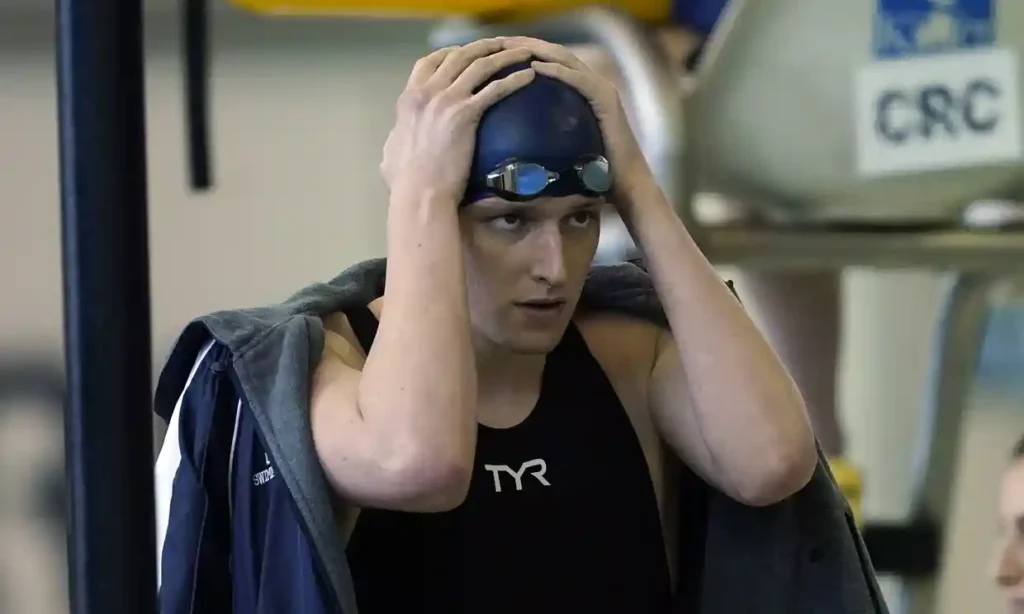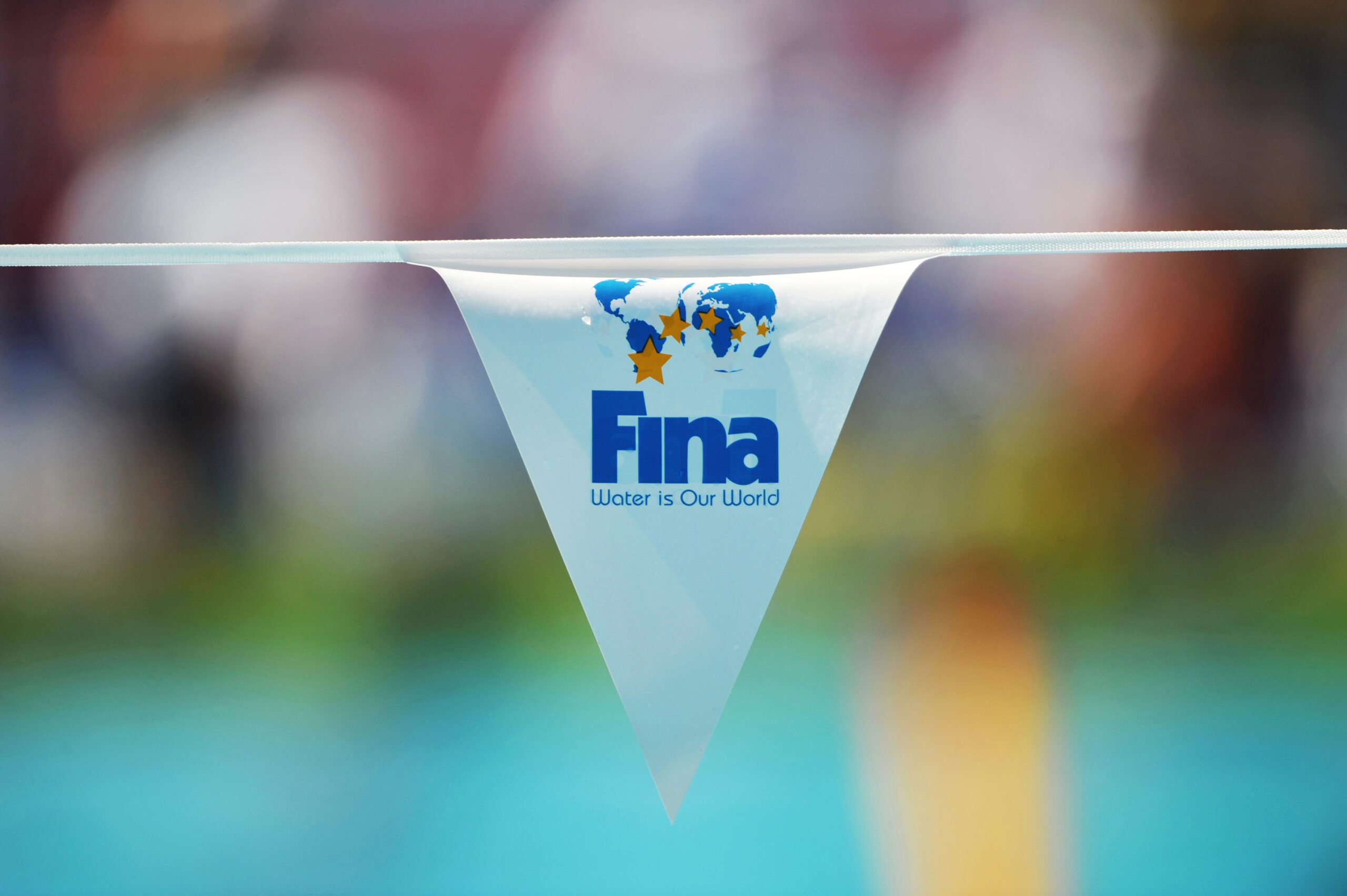Generation Black TV - Live
Transgender Women Banned from Competing Against other Women in British Sport
The consequent establishment of an ‘open’ category will include transgender women
In June of 2022, Fina (swimming’s world governing body) made and revealed the decision to stop transgender women from competing in women’s elite races if they have experienced any part of male puberty. However, in order to provide inclusivity, Fina has announced the establishment of an ‘open’ category, in which those whose gender identity is different than that which they were assigned at birth can compete.
Although, despite Fina’s position in implementing such a policy, it does not have to be adhered to by national federations. Therefore, each national federation, such as British Swimming, will need to make its own decision on whether the policy will go ahead. Currently, British Swimming spoke to BBC Sport, stating they will need to “take time to review [the policy’] content before making any further comment.”

Lia Thomas © John Bazemore
Following in the footsteps of Fina, British Triathlon has made history by becoming the first sport in the UK to officially ban all transgender women from competing in female events, instead choosing to favour the abolishment of the ‘men’s’ category in order to introduce one that is ‘open’. It is a policy that is set to replace old guidelines, which stated that transgender women were allowed to compete against females, but only if their testosterone had been suppressed. According to the chief executive of British Triathlon, Andy Salmon, the decision was made based on the conclusions “that triathlon is a gender-affected sport and that means that athletes who were born male have an advantage over athletes who were born female, and the advantage is significant in swim, bike and run.”
We can expect the new policy to come into force in the January of 2023. Additionally, it is expected that other British sporting institutions will introduce a similar policy in order to promote gender inclusivity in UK sports.

